There should be no question as to who gets protected. We should be the protector of people, allowing for confident decisions and a chance for life. We should never allow what they are being asked to endure. –Eric Sale
Although the same percentage of abuse happens in Christian households as in secular ones (meaning if you look at a pew of ten people, three of them have experienced abuse), the church as a whole often responds as if there is no abuse in their midst. Or if there is, it is minimal. Even worse, some churches respond, but by taking the side of the perpetrator. People who have been abused, especially by someone in leadership, are made to feel uncomfortable during church services, preached at from the pulpit, called a liar, removed from ministry and sometimes asked to attend a service that their accused does not attend or to leave the church altogether.
Abuse Shows No Bias
Eric Sale, President of Northwest Technologies, had an introduction to abuse a few years ago that made things very clear. Abuse, both the giving and the taking, shows no bias of race, religion, economic status age or sex. Since then, he quickly learned that the church needs help in knowing how to properly respond to abuse within their congregations.
Eric’s friend and two of his cousins were involved in personal relationships that became abusive. “I could see it,” Sale says. “My heart was wrecked as I watched the effects of abuse on those close to me and I then learned the hurt and damage it also caused me.”
Implementing Proverbs 4:7, he immediately set out to learn more. The more knowledge he absorbed, the more driven he became. “I read books on almost all the topics. Abuse and narcissism. I took leader’s classes with Mending the Soul and ARMS. Since I’m male, I can’t lead women’s groups through those organizations, but I wanted the knowledge in order to become effective in fighting this.”
How The Church Often Responds
Mary DeMuth, the author of “We Too: How the Church Can Respond Redemptively to the Sexual Abuse Crisis” says: “We complicate things when it comes to church. Forget that the church is meant to be the actual body of Christ. We are the hands and feet that represent Jesus Christ to a broken, sin-entrenched world. His ambassadors of healing love, blessedly counterintuitive to the world’s systems that grab at power and control. Sexual abuse is fueled by these twin sins. And when the sin happens within the wall of the church, we often see a clash of kingdoms. Instead of acting as Jesus would toward an abuse survivor, we revert to the kingdom of power and control, preferring reputation management to actually doing what is right: protecting and providing healing for the wounded and justice for the one who harmed.” (Harvest House, 2019, pages 46-47)
The church still has a long way to go. Although ARMS also provides education to pastors, leaders and staff, they still hear plenty of stories from women who received skewed advice when approaching clergy or church leaders. In recovery groups, ARMS certified leaders learn from 50-60 percent of women that they first went to a pastor or spiritual leader and were damaged a second time by an uneducated response.
Victims Are Told Wrong Information
You need to submit more
Really, you should fast and pray about this
You must not be satisfying him/a good wife
Are you sure that you aren’t exaggerating a bit?
Why don’t you both join me for counseling?
Couples Counseling Does Not Work With Abusive Relationships
“We never recommend marriage counseling in cases of abuse,” ARMS founder and Executive Director, Stacey Womack, says. “Couples need to be separated in counseling sessions if abuse comes up and preferably, have two different counselors. Otherwise, the one being abused will pay consequences later if they are truthful. As long as an abuser is using power and control, counseling will not be effective. The abuse must be addressed and resolved first with that person. And the victim must also start on his or her path to healing.”
 Why Do Churches Downgrade Abuse?
Why Do Churches Downgrade Abuse?
Natalie Hoffman, author of “Is It Me? Making Sense of Your Confusing Marriage: A Christian Woman’s Guide to Hidden Emotional and Spiritual Abuse” and the founder Flying Free Now presents a couple of theories as to why churches, in general, do not respond helpfully to abuse. For starters, the church might be more invested in saving the marriage itself versus saving the people within the marriage. On the tail end of that, they want to be the hero and change the abuser in order to make that happen. “They have a high view of their ability to convince the abuser of his wayward ways and a low view of the fact that his intimate partner has been praying and trying to do this for decades already. Right from the beginning, they’ve put themselves in the position of the wise and all-knowing savior while putting the survivor in the position of failing in her duties to save and change her abuser.”
An additional theory is that the church has invested a lot of time, emotional energy, money, prayer, and effort into creating what they believe to be a warm, inviting church atmosphere. Hoffman says, “when people within the church get messy and have out-of-control problems, the people who have worked hard may have a sense that they’ve failed others and even God.”
Survivor Diana K. says, “Male Christian leaders have repeatedly used the Word of God to hammer my already wounded spirit. I wonder what my life would look like had they chosen instead to listen to me and to love me, which is far more in line with God’s Word and His character? I think, had I received care and love instead of rebuke and condemnation, that I would be farther down the road towards a healthy and radiant life as a daughter of God.”
Traditional Submission Teaching
Sale believes that the concept of women being in a church and it being used against her when she comes forward has to stop. “Some still teach traditional submission when in fact the Bible says that we should submit, or defer, to each other. But really when we are all submitting to Christ, this is a non-issue. We need to listen. As a church, we must expeditiously NOT allow abuse. We should never take it lightly and never respond passively. Abuse should not be entertained, played with or allowed in any form.” Sale is committed to find ways to give strength, confidence, protection and a voice to women. “We are all people first and God did not make us to be abused. Ever. I want to pass on strength to them.”
Healing and Proper Care for Survivors
Proper care for survivors from their church family and leadership is essential. “We need to remove fear so people can come to the table.” Sale insists. “God made you perfectly and I want to give you the power to know that. I won’t hurt you. I want to encourage and help you.”
come to the table.” Sale insists. “God made you perfectly and I want to give you the power to know that. I won’t hurt you. I want to encourage and help you.”
But there are issues with that concept. Often without a positive male role model in their lives, abused women have an immediate distrust of males trying to legitimately help. Those in abuse have often experienced manipulation and coercion, and have paid dearly for believing people they shouldn’t have trusted. And then there is the matter that survivors don’t feel valued enough to accept what God wants to give.
ARMS provides “Her Journey” groups nationwide to help survivors with this issue. Included in the faith-based lessons are how to find your identity in Christ, your true value, what abuse really is, dealing with depression & anger, how to tell if an abuser is really changing, submission versus oppression and much more.
Hearing from many attendees that this class was “lifesaving”, ARMS branched out and took the program even further with a partnership with Citygate Network (formerly the International Union of Gospel Missions). “These classes are powerful!” Group Attendee Kelly comments. “Abuse is NOT my fault and I am not alone.”
Does Gender Play a Role?
Sale also desires to remove the gender association with abuse because it lets people off the hook. “We don’t work to call out the specific abuser by name. The abuser is not held accountable due to that. Instead, he is a part of all men, who tend to ‘misbehave’.” Although not all men abuse, one often hears murmurs that it’s a man-problem and when he is abusing, “he’s just being a man.”
Not so.
Men, and some women as well, make a choice to abuse. Although we are of a sinful nature, neither men or women were created by God with the inclination to abuse. In their hearts, an abuser has a belief system that allows them to abuse. Abuse is learned, both the giving and the taking. And as to why it becomes an association with gender? “In the business and church setting, when someone doesn’t feel heard when they speak of who violated them, it becomes an issue against the gender instead and now they have issues interacting with that gender.” Sale replies. “So many people are not heard, and not believed when they reach out for help. There is no excuse. What happens is that people become afraid of every man, and when that happens, your next generation is stunted. Unable to grow. If I can’t hear their pain, I can’t hear them at all.”
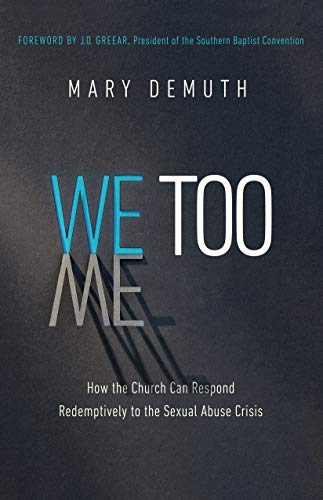 DeMuth believes that victims have left churches in droves due to inappropriate responses to abuse. People should be able to speak up, seek the church as a haven and be listened to, believed and understood. Sale expounds on that concept, “the abused should be helped, protected, provided for and encouraged towards healing so that they can be whole and self-sufficient.”
DeMuth believes that victims have left churches in droves due to inappropriate responses to abuse. People should be able to speak up, seek the church as a haven and be listened to, believed and understood. Sale expounds on that concept, “the abused should be helped, protected, provided for and encouraged towards healing so that they can be whole and self-sufficient.”
Churches Need to Shelter Their Survivors
What would happen if our churches became a shelter as we are told to be in Acts 2:42-47?
We would become the true light that Jesus walked while on this earth. There are countless examples of His care for the weak, the sinful, the victims, and the oppressed. He was never afraid of his reputation and always believing of the person who needed care. Jesus loved them, forgave them, healed them, and ate meals with them. Accepted them as one of His own. And he told them to go forward (heal) and live in Him.
DeMuth says, “May it be that followers of Jesus Christ, whose shoulders the weight of every sexual violation (oh, how it must have agonized him!) recognize and bring to light the evil that is sexual crime. May we go out of our way to be agents of healing for those who have been silenced for years, who shake and tremble to tell their stories, who feel they are crazy, or that their healing is taking too long, who struggle against feeling worthless and discarded. May we listen, dignify and emphasize. May we value the reputation of Jesus, who was both grace and truth.”
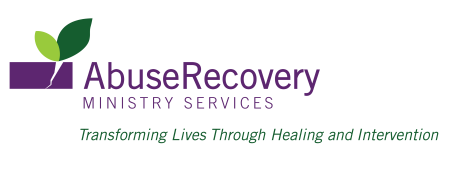
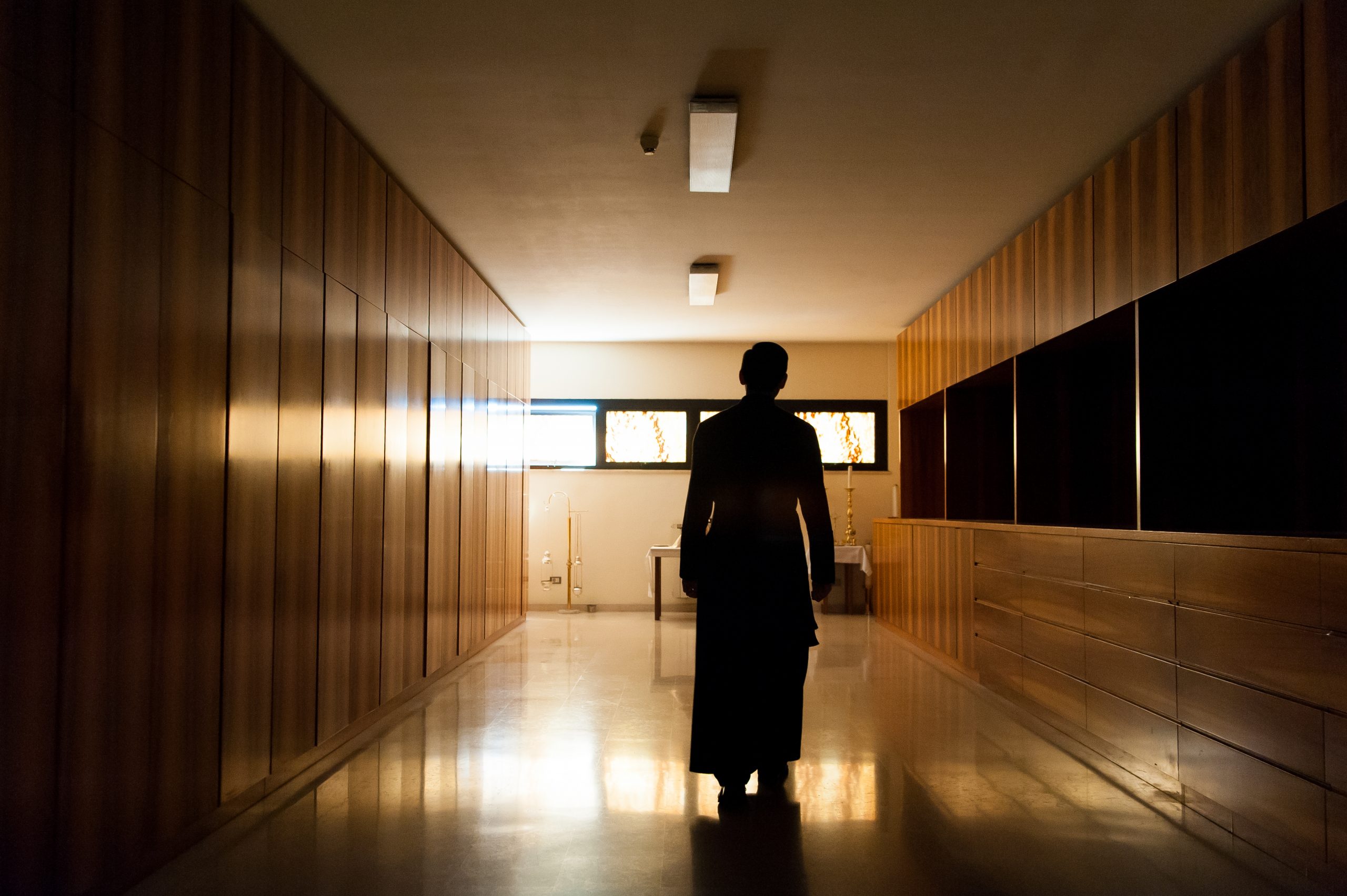
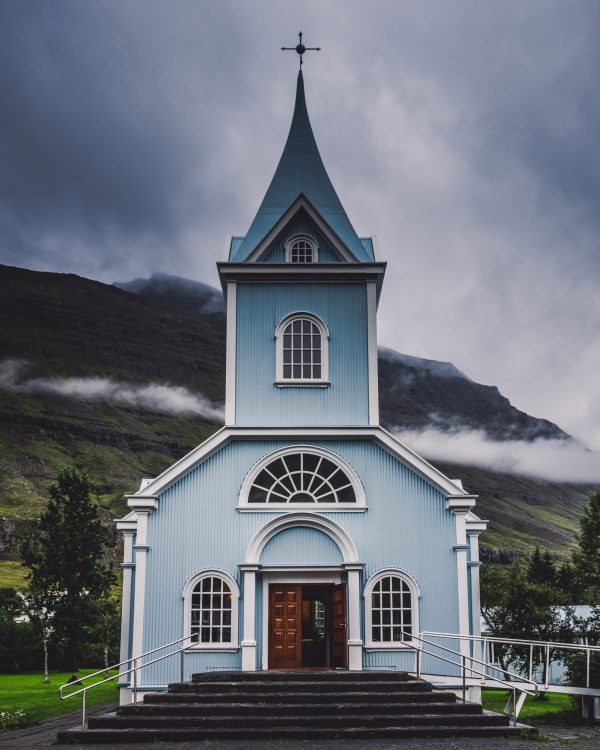

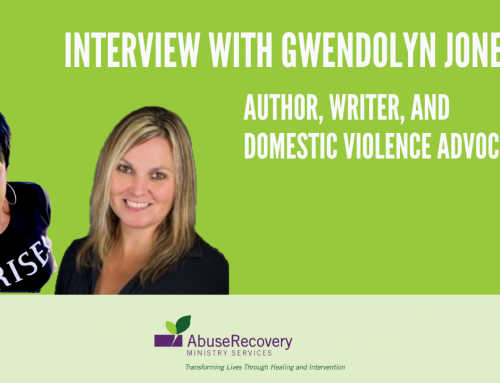
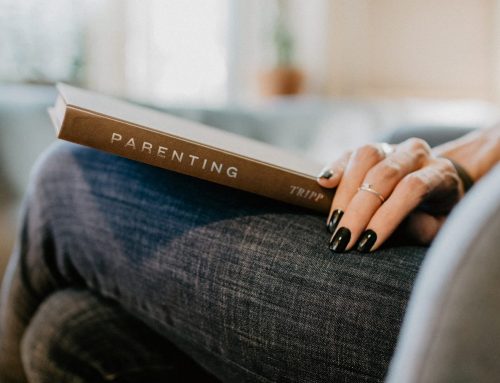
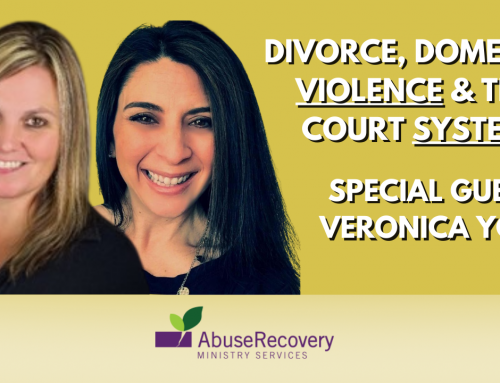

Here is a recent article from Mary DeMuth. It shows firsthand the grief that can continue as we share our experiences and also how important the responses of the Church and community are. Thank you for sharing, Mary. https://www.wetoo.org/used/
This is such an important topic, and your post brings clarity to the complex dynamics at play. I appreciate how you tackle the church’s response with compassion and a strong focus on accountability. Really powerful work.